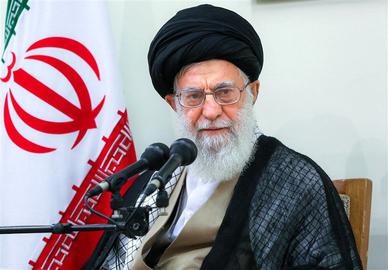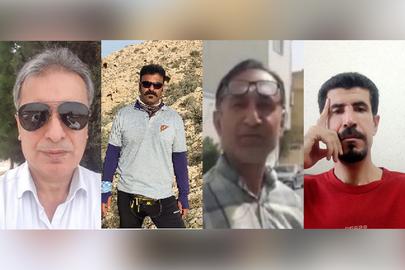Supreme Leader Ali Khamenei has agreed to offer “amnesty” and reduce the sentences to prisoners who have been arrested in Iran’s recent anti-government protests.
But the Islamic Republic has wrongly used the word "amnesty" to describe many of these proposed releases.
Under the constitution, the supreme leader has the authority to issue pardons at the recommendation of the judiciary, but only defendants who have received any final verdict can be pardoned, not those accused of committing a crime.
Therefore, when detained protesters are released, they are not granted amnesty, but the authorities are putting an end to their illegal detention.
When a detention is legal, the authorities are not allowed to keep the inmate in custody more than 24 hours without a judge's order. And with such an order, the protester can only be kept in temporary detention for a maximum period of 30 days.
Protesters can file a complaint if they are being held without a court order, according to the Islamic Republic's law.
Instead of listening to the complaints of the crackdown’s victims, the Islamic Republic issues a so-called amnesty.
Iran has been swept by protests since the September death of a 22-year-old woman, Mahsa Amini, in the custody of morality police.
The authorities have cracked down hard on the demonstrations, which pose one of the most serious challenges to the theocracy installed by the 1979 Islamic Revolution.
Security forces have killed more than 520 people, including dozens of children, and detained over 18,000, activists say.
Following unlawful detentions and biased trials, the judiciary has handed down stiff sentences, including the death penalty, to protesters.
visit the accountability section
In this section of Iran Wire, you can contact the officials and launch your campaign for various problems

























comments